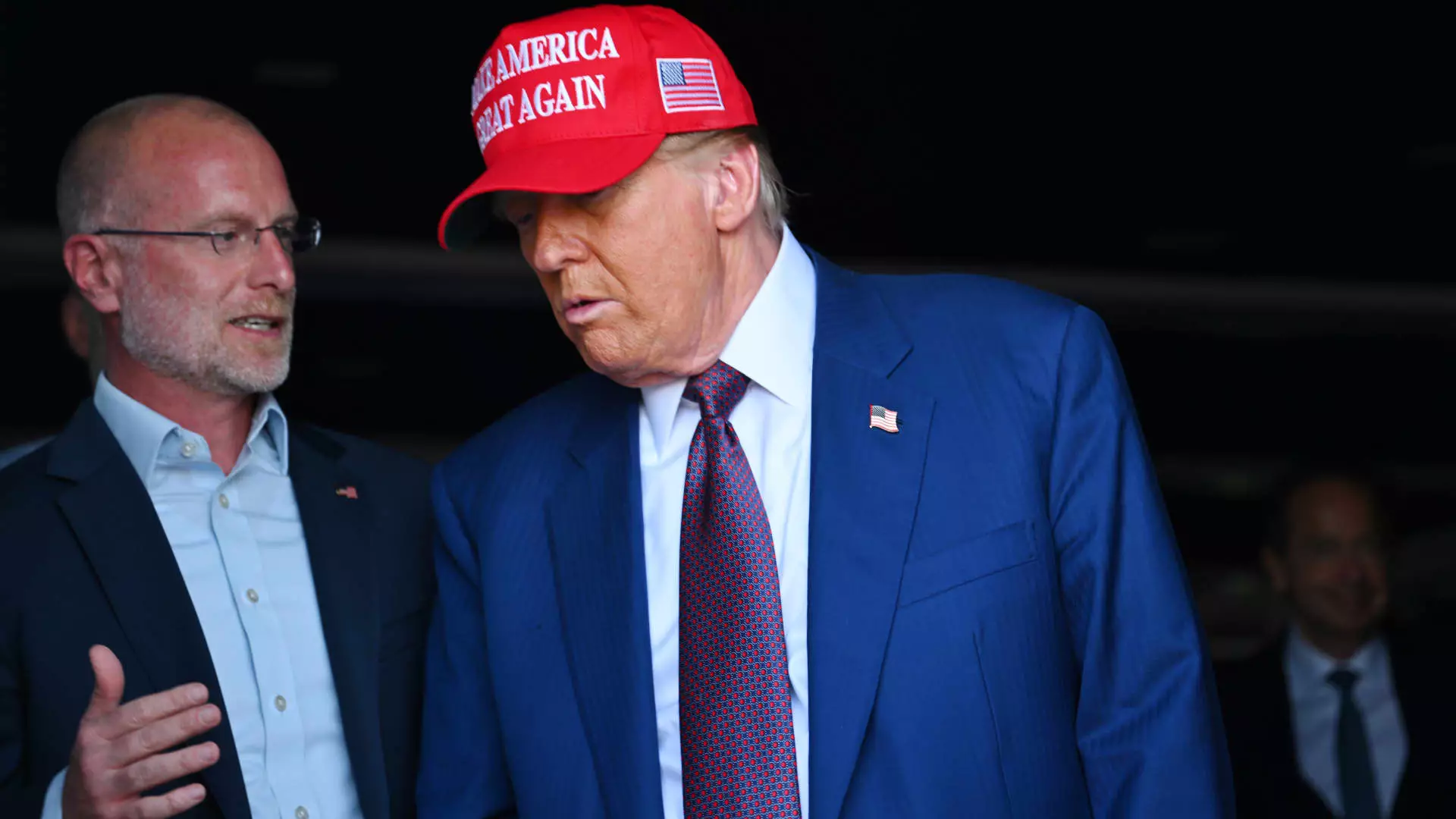In a significant shift in federal oversight, the Federal Communications Commission (FCC) has announced a formal investigation into Comcast Corp’s diversity, equity, and inclusion (DEI) efforts. This inquiry targets not only Comcast’s extensive service offerings, including broadband, mobile, and cable television under its Xfinity brand but also NBCUniversal, its media division encompassing major broadcasting channels, the Peacock streaming service, and Universal’s film and amusement park operations. This investigation stems from broader efforts invoked by the federal government, reflecting a critical examination of corporate DEI initiatives within a rapidly evolving political and regulatory atmosphere.
The FCC’s decision follows a significant executive order signed by former President Donald Trump, aimed at curtailing DEI practices across various sectors, including publicly traded companies and nonprofit organizations. This executive order mandates that federal agencies should identify potential compliance investigations with respect to DEI. With this political backdrop, the FCC has underlined its commitment to scrutinizing how corporations interpret and implement these values, leading to concerns about the potential for “invidious forms of DEI” that might violate FCC regulations. Chairman Brendan Carr, a Trump appointee, has articulated these concerns as he initiates a closer look at Comcast and NBCUniversal’s policies and practices.
In response to the inquiry, a spokesperson for Comcast emphasized the company’s long-standing commitment to maintaining a workplace built on integrity and respect. This assertion comes amidst growing scrutiny of corporate DEI initiatives, which have become a focal point of national debate. Operative phrases such as “core value of our business” and references to the company’s DEI infrastructure—including training programs and dedicated DEI days—highlight a deep institutional investment in these principles. However, this robust self-identification with DEI raises questions in the context of the FCC’s assessment of compliance.
Comcast is not alone in its navigation of this transformed regulatory landscape. Other media powerhouses, like Disney and PBS, have also begun reconfiguring their DEI efforts. Disney has initiated updates to its DEI programs, aiming to ensure alignment with performance metrics and rebranding strategies. In contrast, PBS has opted to dissolve its DEI office in direct adherence to the recent executive order, indicating a notable departure from previously established initiatives. This collective pullback or modification illustrates a growing hesitance within the media industry concerning the viability of robust DEI frameworks in an environment marked by governmental scrutiny.
The implications of the FCC’s investigation reach far beyond Comcast and NBCUniversal. They signal a broader reevaluation of how regulatory bodies might engage with media companies and their established practices. The requirement for corporations to justify and demonstrate compliance with federal standards in their DEI initiatives is a daunting task, especially for organizations that have heavily invested in programs catering to diversity and inclusivity. This inquiry could set a precedent affecting both current practices and future policymaking in the media landscape.
As corporations reassess their DEI strategies in light of federal oversight, uncertainties abound regarding the future direction of these programs. Will organizations tone down their DEI commitments or seek innovative ways to align with new federal mandates? The ongoing investigation could lead to an erosion of previously embraced DEI initiatives, forcing companies to realign their values strategically with shifting governmental policies. The challenge remains: balancing ethical commitments to diversity and equity with compliance to regulatory guidance that may conflict with those very principles.
The FCC’s investigation into Comcast’s DEI efforts marks a crucial turning point for corporate America. As companies like Comcast, Disney, and PBS grapple with new compliance demands, the very fabric of corporate commitment to diversity, equity, and inclusion is likely to be challenged. This evolving regulatory landscape presents a critical juncture that compels corporations to not only navigate governmental scrutiny but to redefine what DEI encompasses in the modern business climate. The fallout from this investigation could reshape not only how companies approach DEI but also how they measure their success in meeting the needs of a diverse and evolving clientele.

